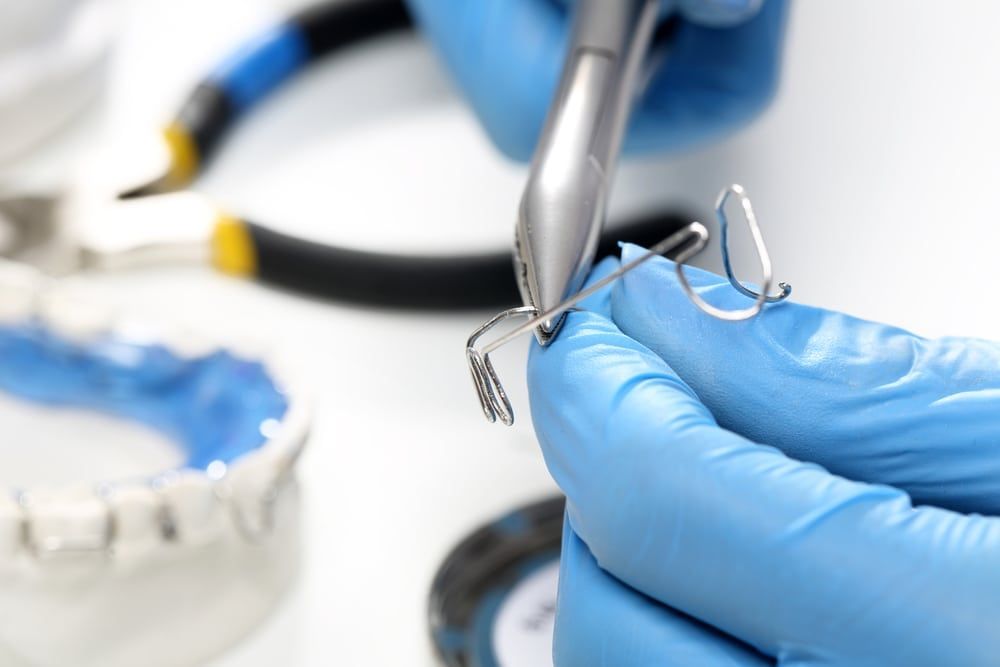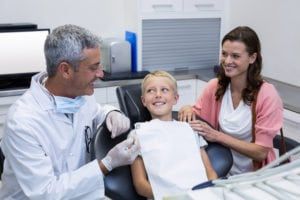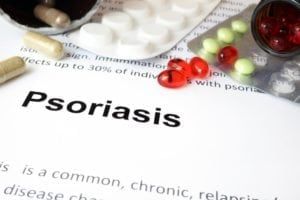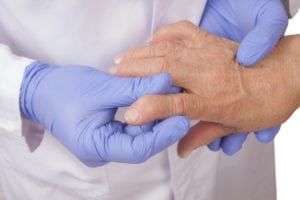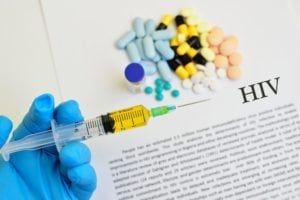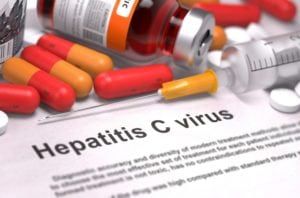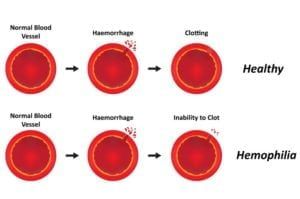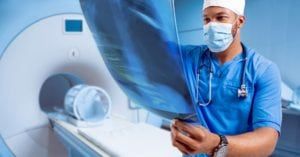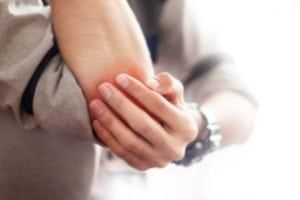Orthodontic emergencies can occur at any time during treatment and often pertain to complications with appliances. An orthodontic emergency is any circumstance that causes pain, threatens a patient’s health, or interferes with the course of orthodontic treatment. An emergency orthodontist can offer immediate assistance for emergencies, some of which include:
- broken wires
- loosened bands
- oral pain
- lost spacers
- loosened headgear
- allergic reaction (specifically to metal appliances)
Did you know?
Never attempt to handle an orthodontic or dental emergency on your own. If you suffer a trauma or injury to your teeth or notice that your gums have become infected or swollen, your emergency will be better served by your family dentist. Keep in mind that some emergencies are serious and require emergency medical attention. If, for example, you or your child has swallowed part of an orthodontic appliance, dial 9-1-1 or go straight to your nearest hospital emergency department.
Frequently Asked Questions
What do I do in an orthodontic emergency?
If you feel that you are experiencing a minor emergency related to your orthodontic appliance, contact your orthodontist’s office to find out when you can schedule an emergency visit. While you wait, your orthodontist may recommend temporary solutions to your emergency, such as placing wax on the end of a broken wire that is poking your gums or cheeks.
What should I expect during an emergency visit to the orthodontist?
During your visit, your orthodontist will repair or replace broken appliances. Keep in mind that broken appliances can prolong your orthodontic treatment, so speak with your orthodontist about how your emergency may affect your treatment.
How can I prevent orthodontic emergencies in the future?
Be sure to follow the instructions provided to you for caring for your orthodontic appliance. This may include avoiding hard or chewy foods like ice and caramel candies, and being sure to wear mouth guards to protect fixed appliances during high-impact activity. You should also avoid ‘playing’ with or picking at your appliances, as this can cause damage. And as always, you should continue to see your family dentist for routine cleanings and periodic check-ups throughout your course of orthodontic treatment.
